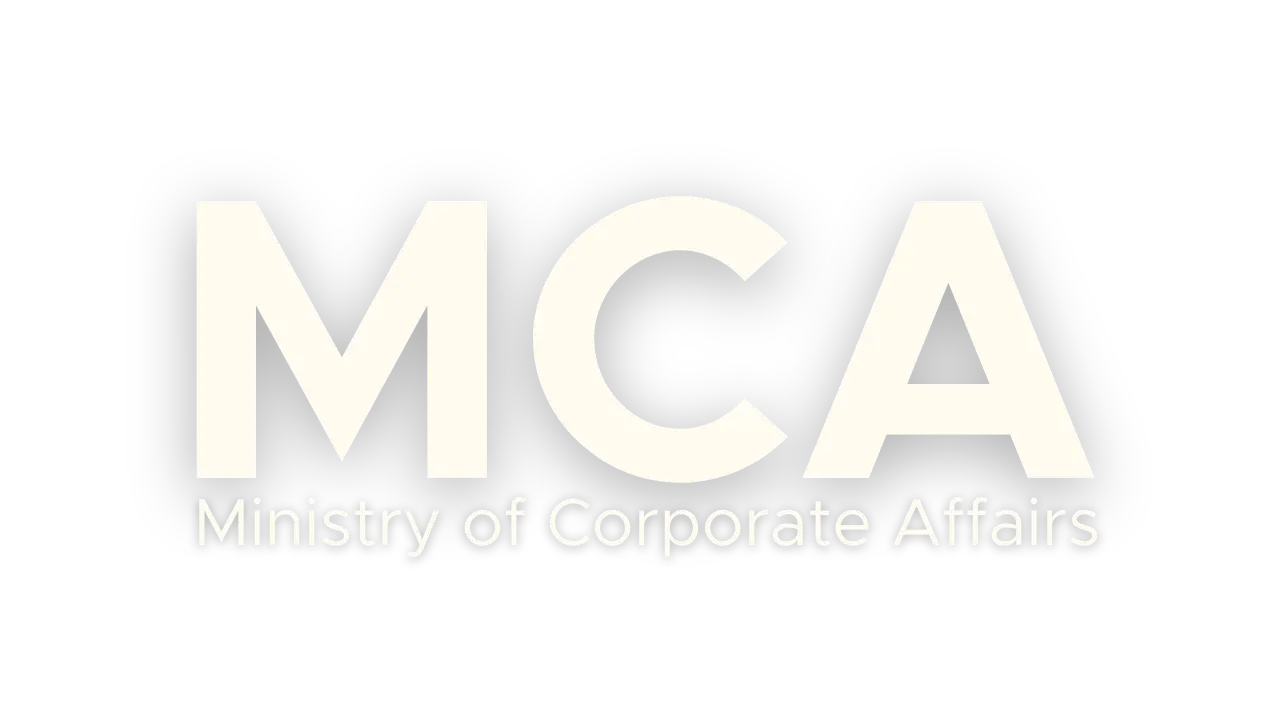Introduction
On January 29th 2025, the Supreme Court introduced a critical regulatory checkpoint for acquisitions of distressed companies with the aim to further tighten the merger control safeguards in the evolving insolvency landscape. The case, Independent Sugar Corporation Ltd. v. Girish Sriram Juneja & Ors.1 has upended settled practices by mandating that Competition Commission of India (CCI) approvals must be secured before presenting a resolution plan to the Committee of Creditors (COC).
In this article we will analyze this judgement, interpretation of Section 31(4) IBC2 and its key outcomes. We will also examine the commercial and procedural implications of such regulatory change in the context of procedure under the Competition Act and IBC.
Overview of case and key outcomes
The case involved a dispute regarding the corporate insolvency resolution process (CIRP) of Hindustan National Glass and Industries Ltd. (HNGL), which held a market share of 60% of the glass packaging industry. Both AGI Greenpac Ltd. (AGI) and Independent Sugar Corporation (INSCO) submitted resolution plans to acquire HNGL. AGI’s resolution plan was approved by the Committee of creditors (CoC) by 98% votes, before CCI approval. Notably, the INSCO’s resolution plan received 88% of votes and had prior CCI approval.
The AGI’s resolution plan obtained a green signal from NCLT. This was challenged by INSCO before NCLAT, which held that the proviso to Section 31(4) IBC, which requires CCI approval to be obtained prior to the approval of the CoC was discretionary and not mandatory. To determine the legislative intent behind the proviso the Section 31(4), the rule of literal interpretation must take precedence over purposive interpretation. The Supreme Court emphasized that the use of the word “prior” in the proviso is clear, precise and unequivocal, and does not lead to any absurdity.
The Hon’ble Supreme Court overturned the NCLAT’s decision and held that the approval from the CCI must be mandatorily obtained prior to the CoC approval.3 The Court noted that the law recognises the risk of anti-competitive transactions and to address such concerns, the CCI has the authority to approve, reject or modify the terms of transactions. Therefore, the Supreme Court invalidated the AGI’s resolution plan and directed the CoC to reconsider the INSCO resolution plan.
Implications
Commercial Implications
Going forward, the CoC might hesitate from granting approvals to conditionally approved resolution plans by CCI, as such proposals would involve uncertainty and additional compliance burdens which will in turn cause delays. Such approvals may also be subject to regulatory and legal challenges. Along with the commercial merit of the resolution plans, this would also be a factor the CoC will have to consider. Apart from the CoC, the bidders would also have to assess the compliance burdens, which may reduce the number of resolution applications where the bidder and distressed target create high market concentration. This also affects the CCI as it will now have to be circumspect about ordering conditional approvals to transactions arising from the process of insolvency.
Procedural Implications
Typically, under the Competition Act, 2002 any merger or acquisition in India that meets a certain threshold must get approval from the CCI, which is done in two stages:
Phase I: Initial review where it is assessed whether the deal could harm competition or not. If there are no major concerns, then the deal is cleared, but in case of concerns, the parties can propose remedies and, subject to their compliance, the deal is allowed. In case of persisting concerns, the review moves to Phase II.
Phase II: Here more extensive investigation takes place where CCI consults 3rd parties like competitors and suppliers to understand the impact of the deal on the market. Based on the inputs of 3rd parties and proposed modifications by the parties involved, the CCI may block the transaction or impose further conditions to approve the deal to protect against adverse competition.
The Supreme Court held that the CCI is obliged to actively engage with the target company and any deviation would likely render the CCI approval liable to legal challenge by the 3rd parties. The court also noted that the approvals granted without following such a process can be legally challenged.
The CCI will now have to follow the entire process, including 3rd party consultations for all deals undergoing Phase II review. In past, the CCI has cleared many transactions where the parties offered modifications after the issuance of the show cause notice, but without taking public comments. Now, as a consequence of the judgment, such orders can be challenged by 3rd parties. Additionally, as we can see that Phase II review is time-consuming in nature, it is likely to see lesser deals going into Phase II and getting cleared at the first phase itself. The regulatory burden appears to have increased on companies.
Conclusion
The judgment may have significant implications on ongoing and future corporate insolvencies in India under the Code, especially in cases involving combinations that may have an Appreciable Adverse Effect on Competition (AAEC) in the relevant market. The CCI will have to balance its objectives of ensuring fair competition in the market with the IBC’s mandate of finality and quick revival of distressed target companies. The evolving nature of India’s insolvency framework necessitates a more structured, future-ready mechanism that balances competition law compliance with the need for timely resolutions.
It may also be relevant to note that AGI has preferred a review petition against this judgment, contending inter alia that the judgment, having retrospective implications, has caused uncertainty and will have ramifications on several ongoing CIRPs. The said petition is currently pending adjudication. However, review petitions rarely succeed as they require an error apparent on the face of the record, and this is a well-reasoned judgment.
- CIVIL APPEAL NO. 6071 OF 2023
- Insolvency and Bankrupcy Code, 2016
- This is in line with the position adopted by the NCLAT in past precedents such as Makalu Trading Ltd & Ors. v. Rajiv Chakraborty 2020 SCC OnLine NCLAT 643






